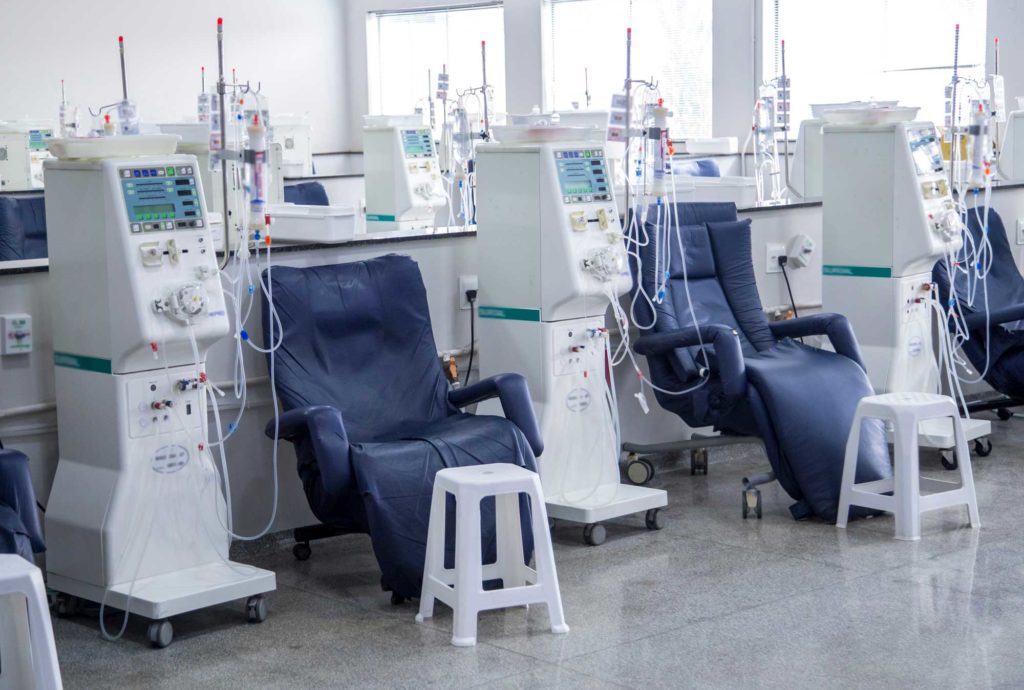
For patients suffering from renal conditions that require ongoing dialysis treatment, quality of life can be severely impacted by the need to spend hours at the dialysis clinic 3-5 days a week. In November of 2015, doctors from UCLA released results from a study they conducted on a prospective Wearable Artificial Kidney (WAK) device that aims to help dialysis patients be able to get back to a more normal life with fewer hours spent at the dialysis clinic. Advanced Radiology works with many dialysis patients helping place the access fistula or shunt to enable dialysis to take place.
After presentation of the UCLA study at Kidney Week, the annual conference for the American Study of Nephrology, the FDA has agreed to fast track approval of the WAK once more studies have been conducted to prove the reliability and efficacy of the device.
Study participants in the original study were able to go about normal life wearing the WAK and even eat foods that were traditionally off limits due to their mineral, potassium and phosphorous content that the patients’ kidneys would not be able to process between traditional dialysis sessions. Some foods the WAK was able to process that are typically forbidden included orange juice, mashed potatoes, ice cream, and cheesecake.
The trial conducted in Seattle followed results of using the WAK in 7 end-stage kidney disease over 24 hours. Two patients in the trial were not able to participate for the full twenty four hours because the device quit working properly, but the creators are currently working on correcting the problem to improve reliability and are optimistic that future generations of the product will enable a patient to work, live and shower normally for up to 14 days at a stretch.
At Advanced Radiology, we are always continuing our education and keeping abreast of the latest developments that can benefit our patients. To find out more about our dialysis related services, contact our office at 855-201-1519.
